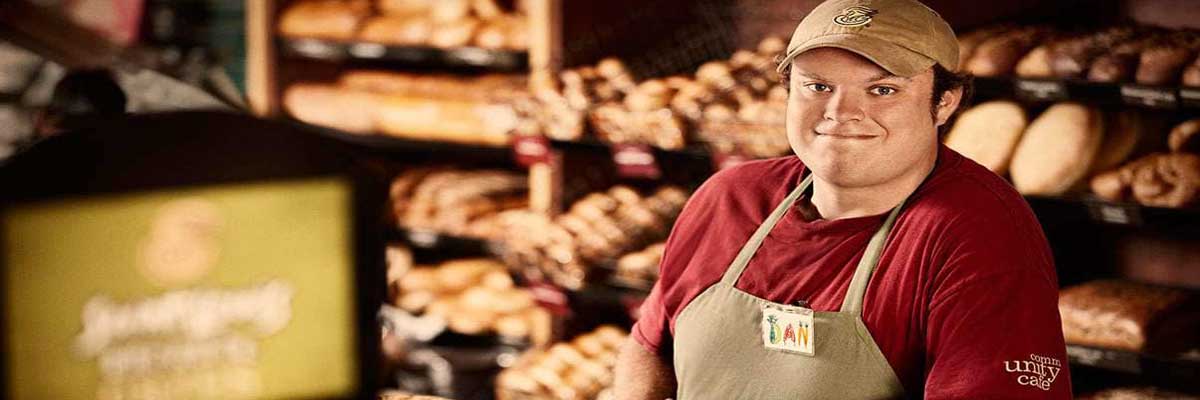Massachusetts Bakery Distributes Wheat Berries for Customers to Grow in Their Yards
Probably the coolest story in the “local food” movement that I’ve heard yet. A bakery in Massachusetts has started to distribute wheat berries (seeds) to customers to plant 100 sq. ft. plots of wheat in their yards. They plan a hand-scythed harvest in the summer. I think that this is a great idea, and it will be interesting to see how productive the 10 x 10 plots of “front yard” wheat are.
There is an NPR podcast here. And this local news story from The Recorder gives more detail:
Jonathan Stevens and Cheryl Maffei of Hungry Ghost Bakery became interested in what some are calling their ‘little red hen’ idea of giving people wheat seeds to grow locally after a New Mexico baker at a conference eight or nine years ago introduced them to bread made from locally grown grain.
Instead of baking with organic flour grown in North Dakota that gets trucked to North Carolina for milling, Stevens said, it makes much more sense to look at growing wheat and other grains nearby and milling it locally — especially since Massachusetts is believed to have been the site of North America’s first oat harvest — on the Elizabeth Islands — in 1602.
‘We pride ourselves on baking organic bread,’ said Neftali Duran of Ashfield, who owns Holyoke-based El Jardin, with a branch bakery in Deerfield. ‘Yet we buy flour from 1,500 miles away. It doesn’t make sense.’
Working with the Montague couple on their ‘wheat patch’ project, Duran said he hopes that the success with spelt — a grain that’s becoming more popular, especially among people with wheat allergies — will convince farmers that grain-growing is possible and worth the risk.
Stevens and Maffei, who have been trying to interest local farmers in looking again at growing wheat, are researching four or five heirloom varieties of the grain, which they plan to distribute to customers to try square-foot plots on their lawns as a test.
‘It’s a step-by-step, little thing,’ said Stevens, who’s faced a challenge not only in getting seeds — some because of import restrictions from Canada — but also in convincing agricultural officials that there’s any reason to grow wheat here. ‘We’re trying to get it moving. We have to be an agricultural state, because we eat. There’s a lot of fallow land, and economic rationalization be damned, we should use it. Let’s stop paving it over and grow some food!‘
Amen!






